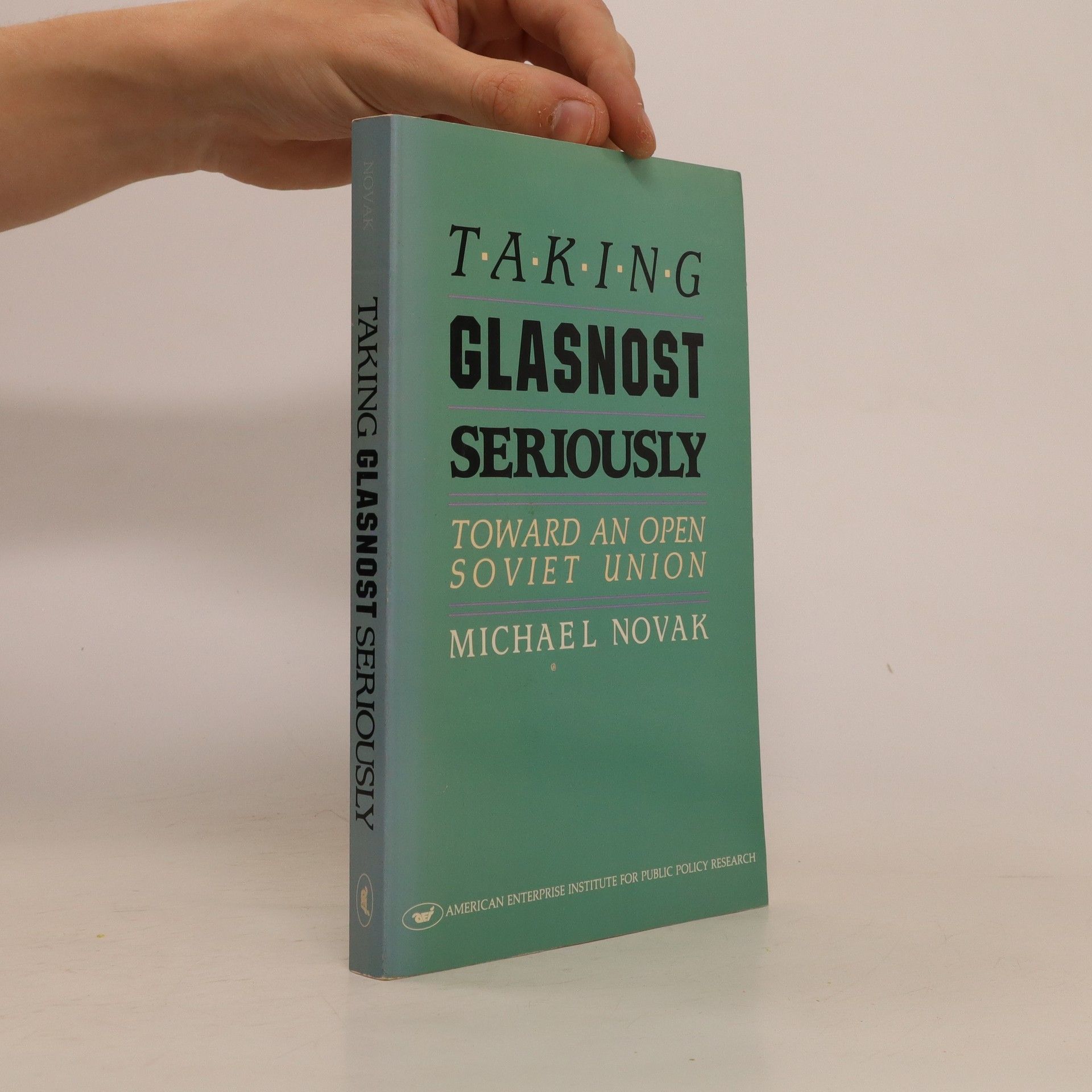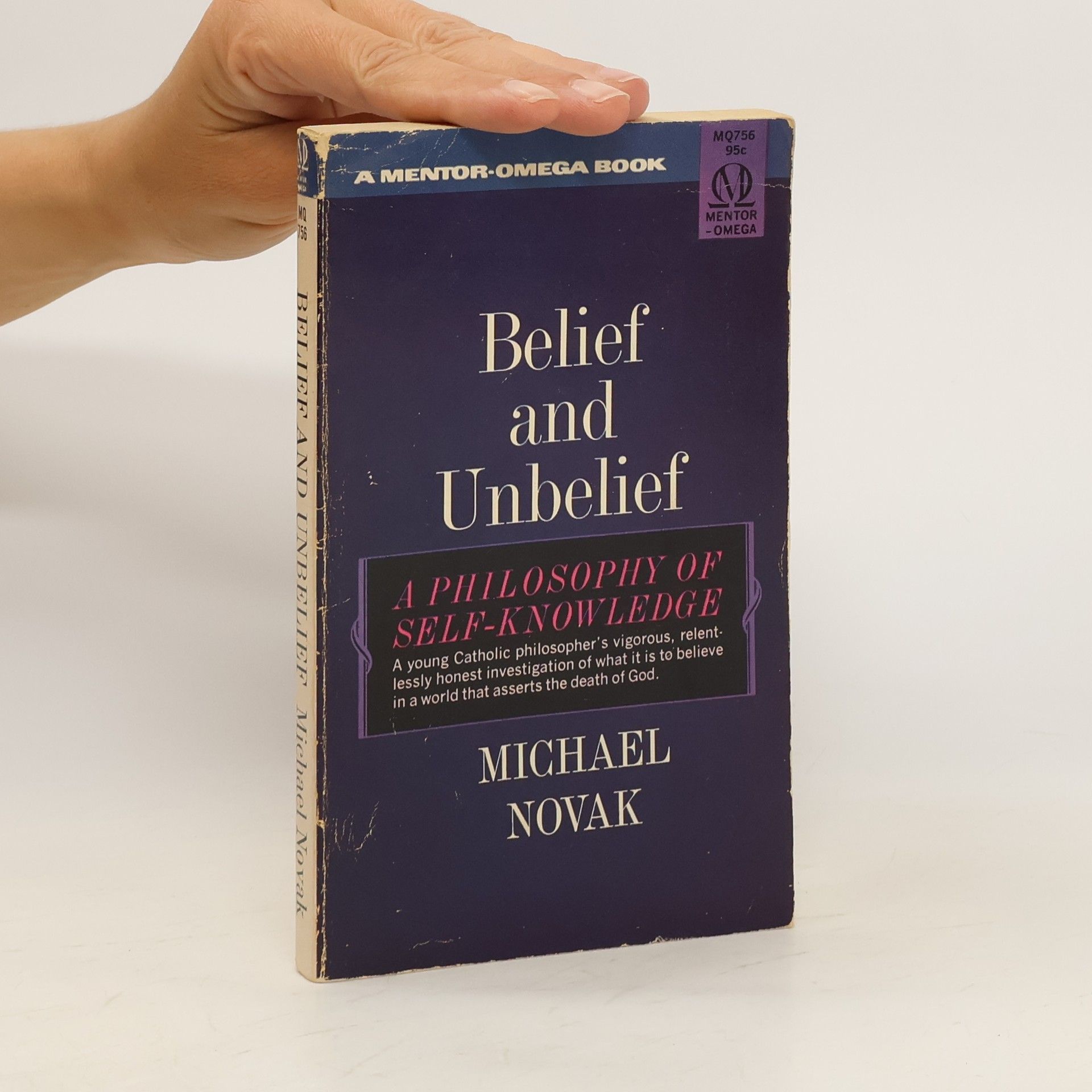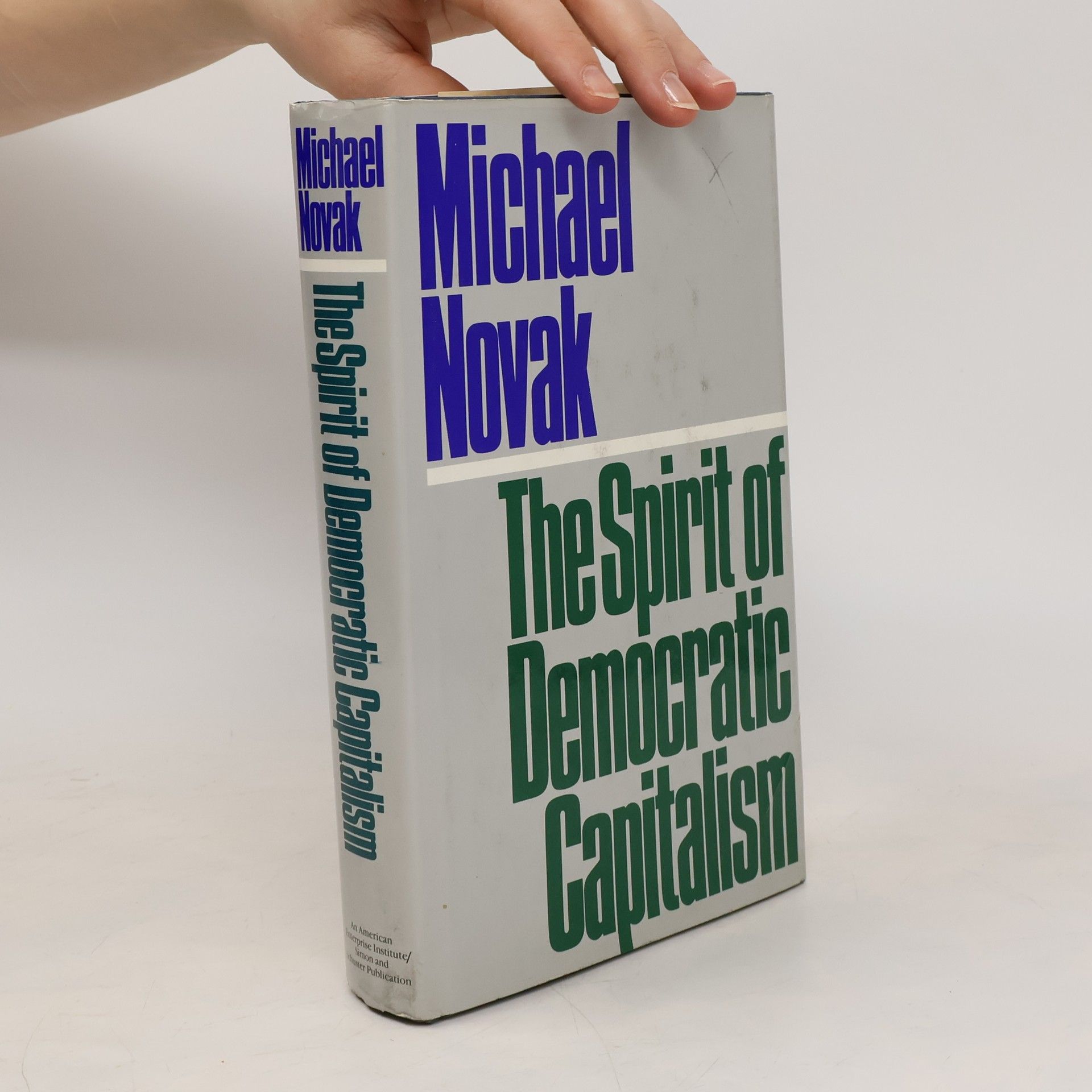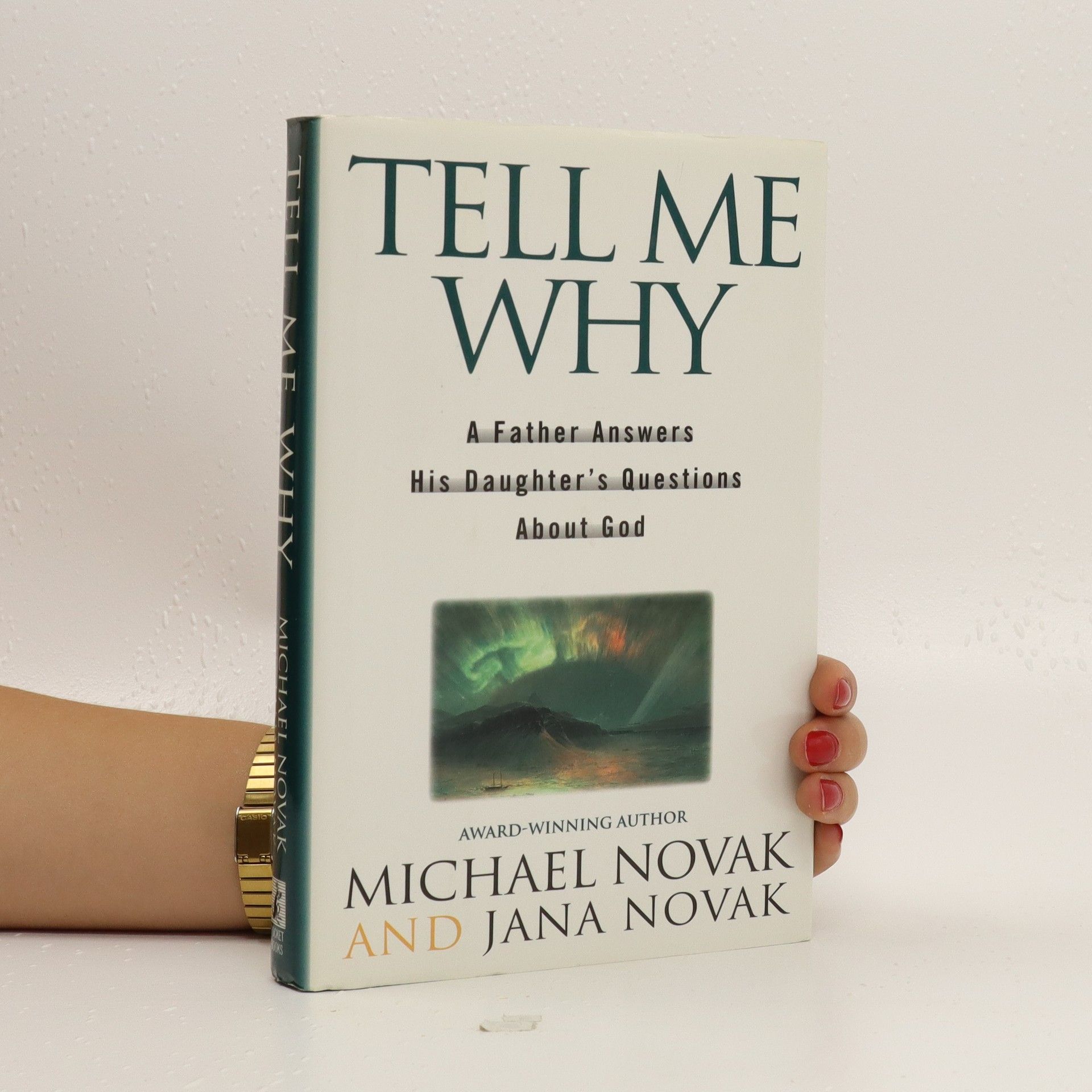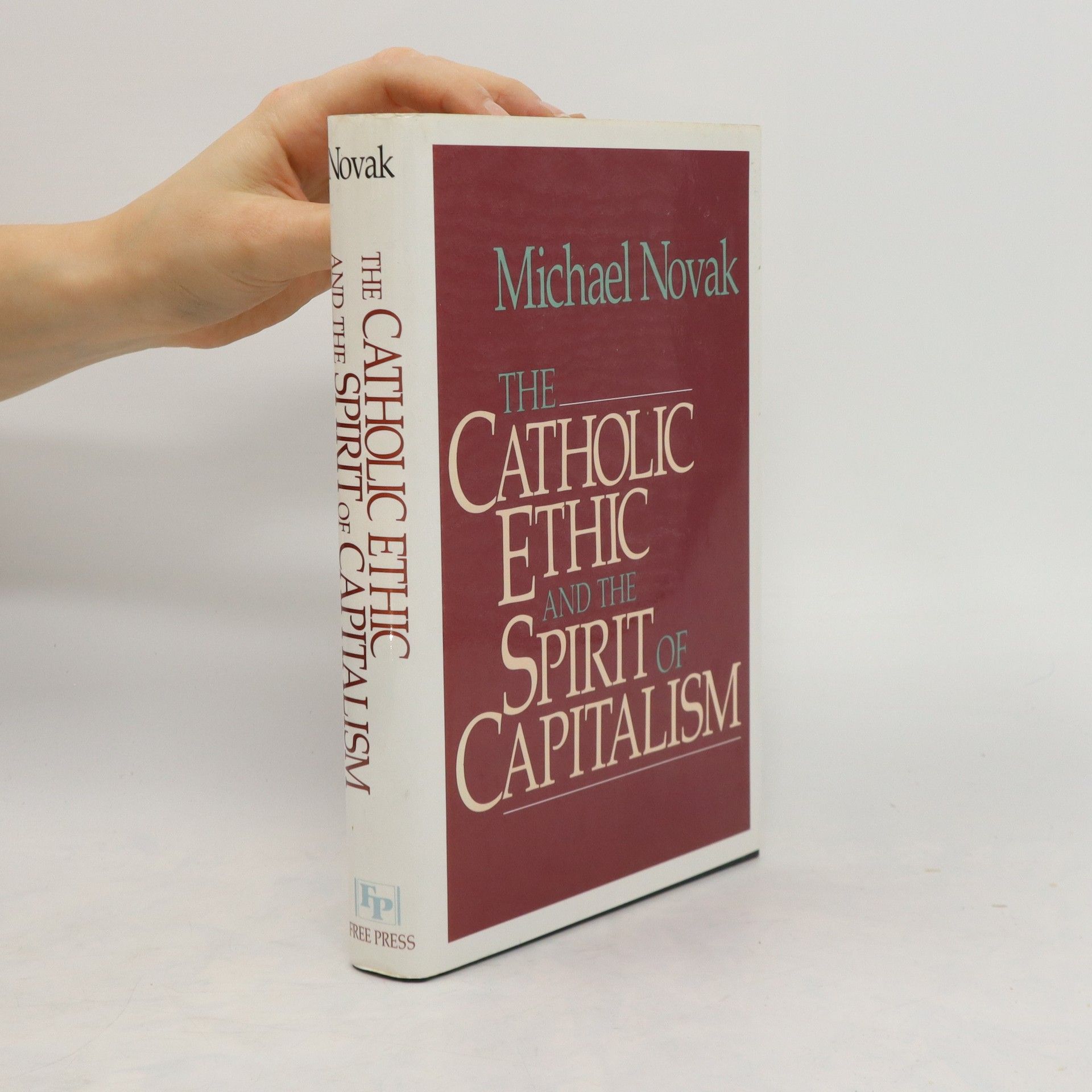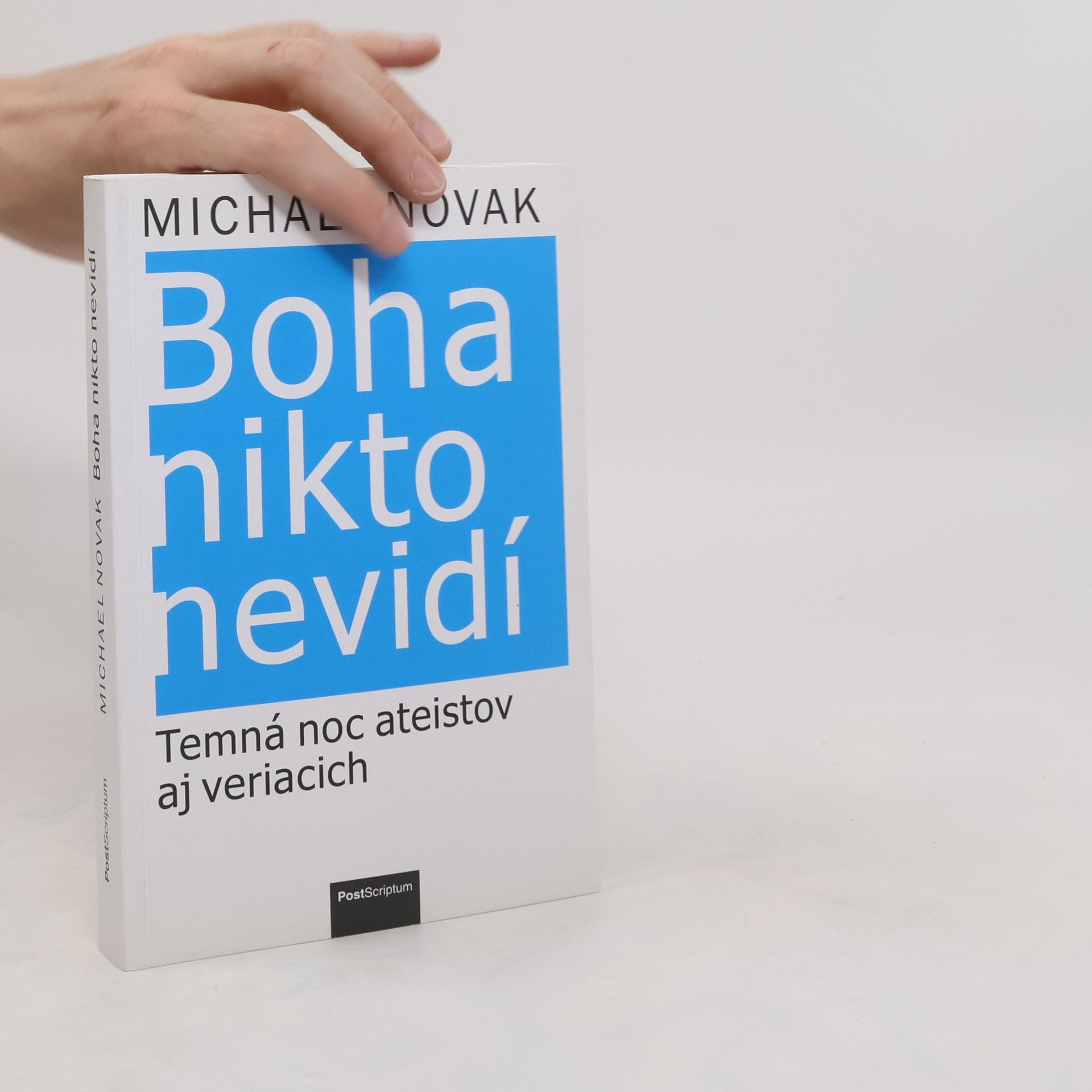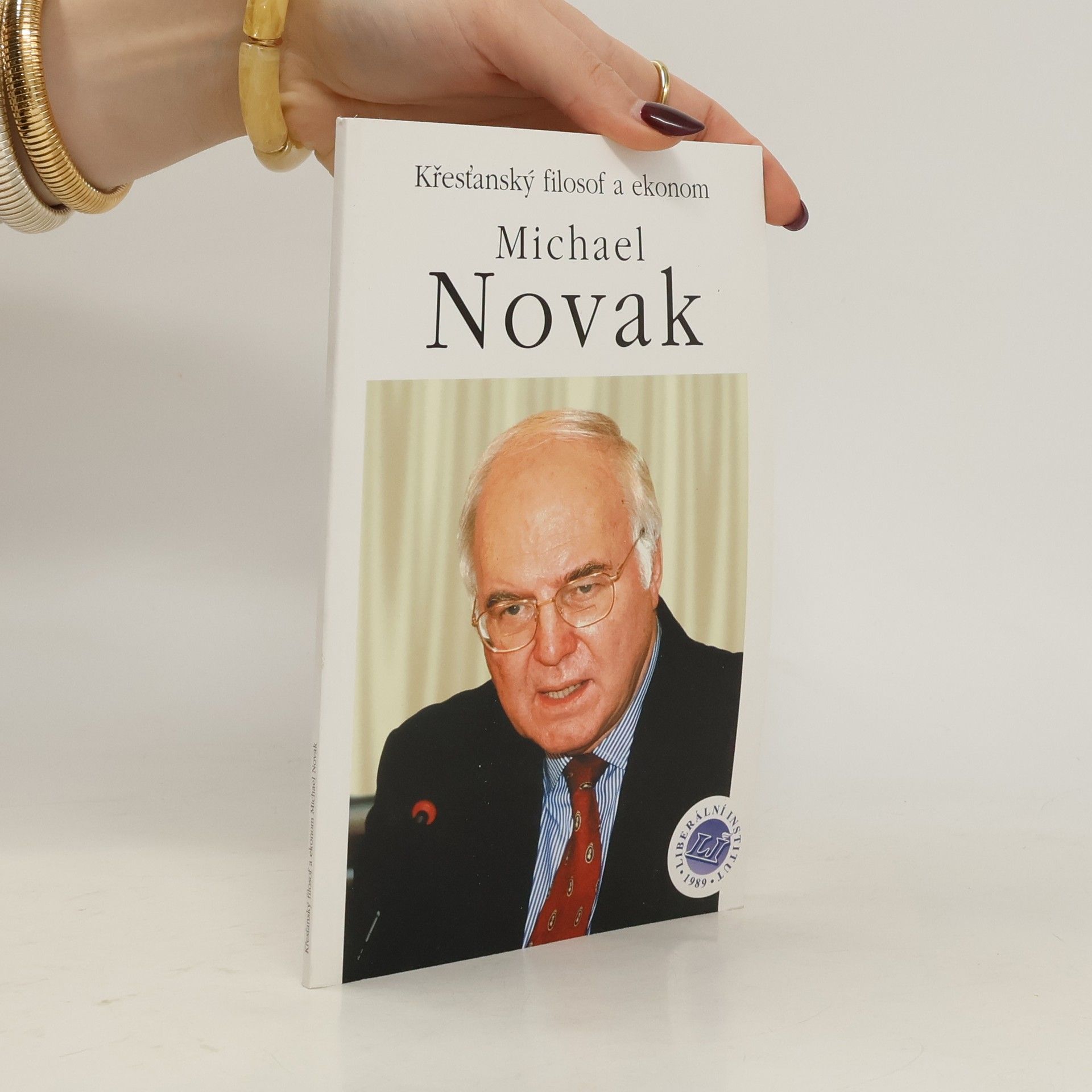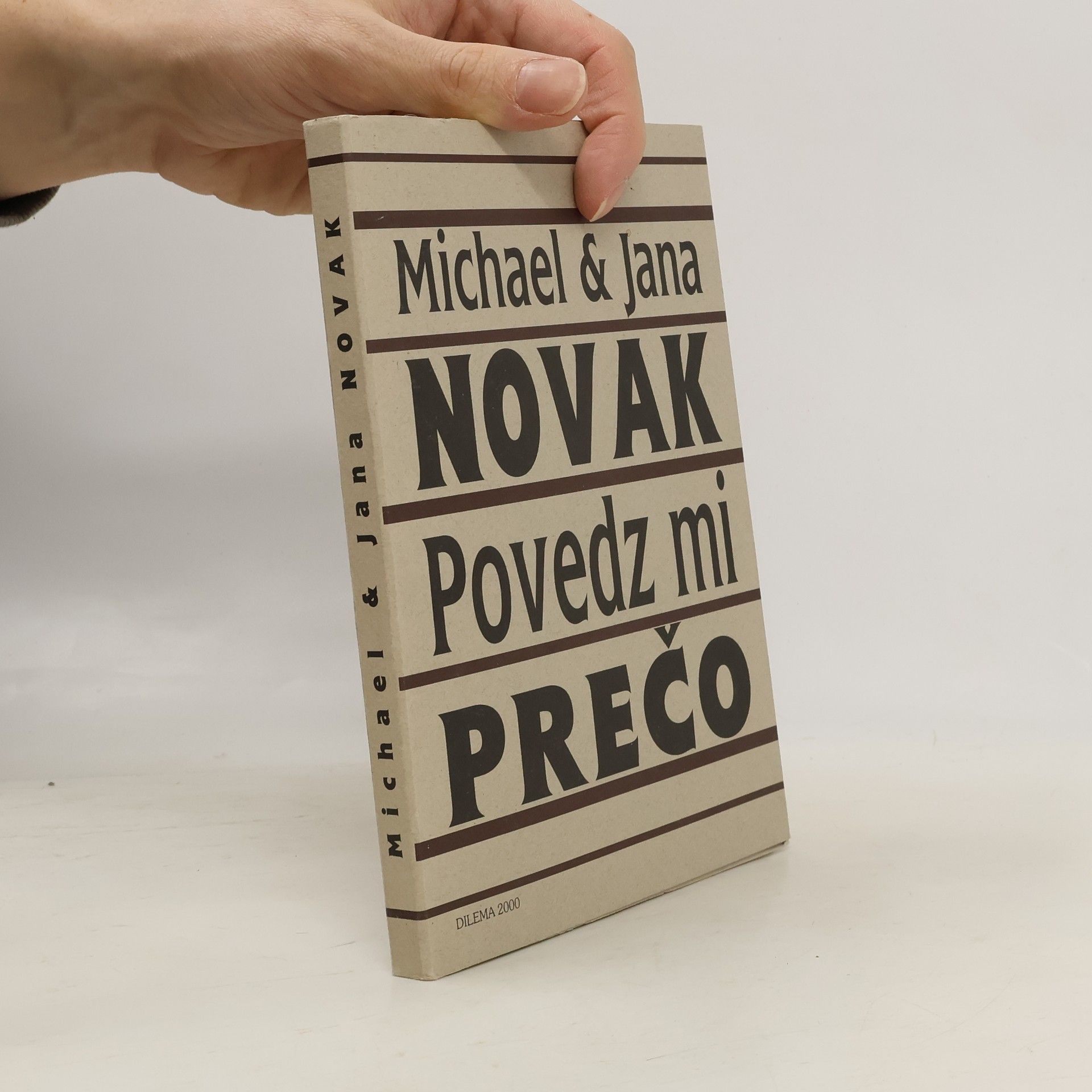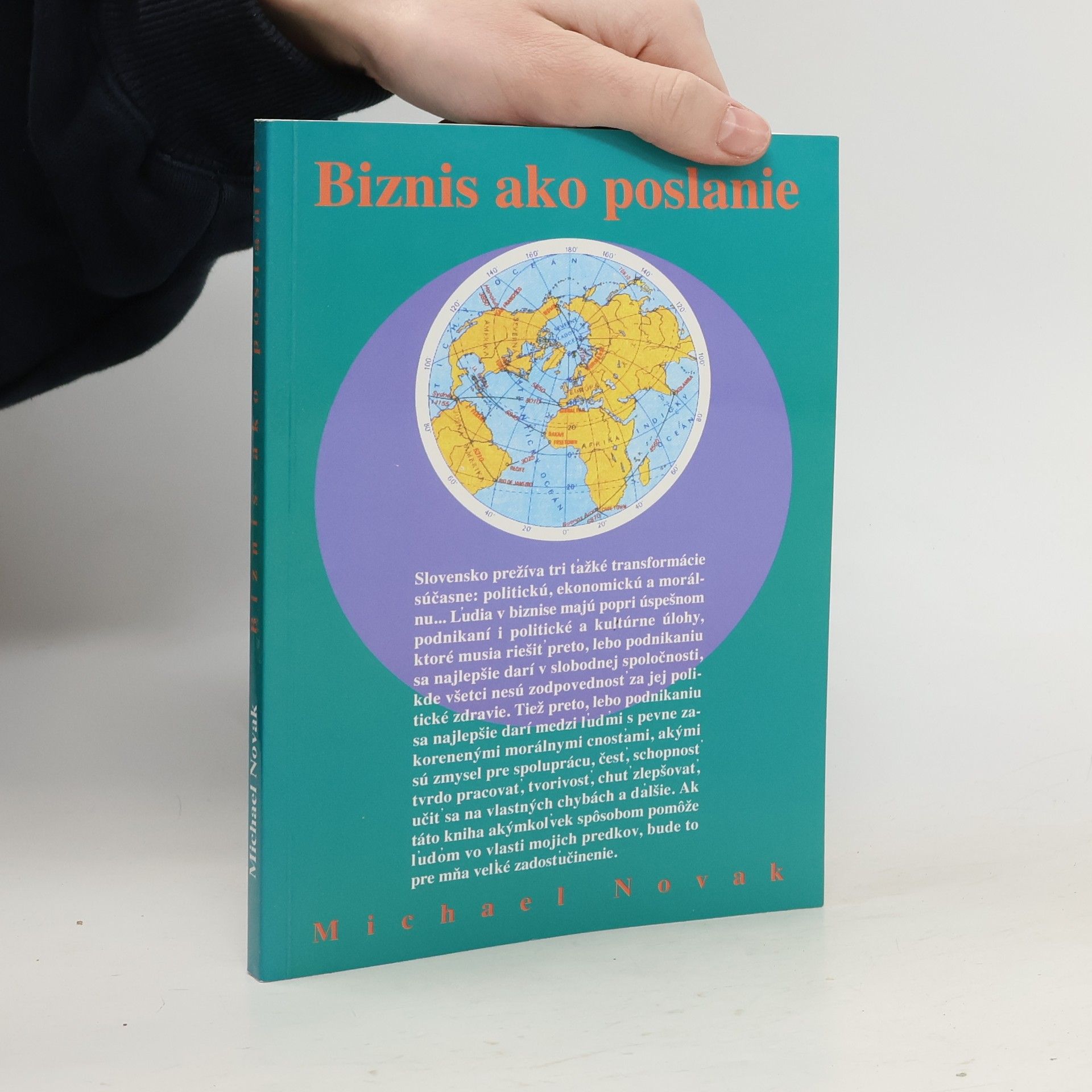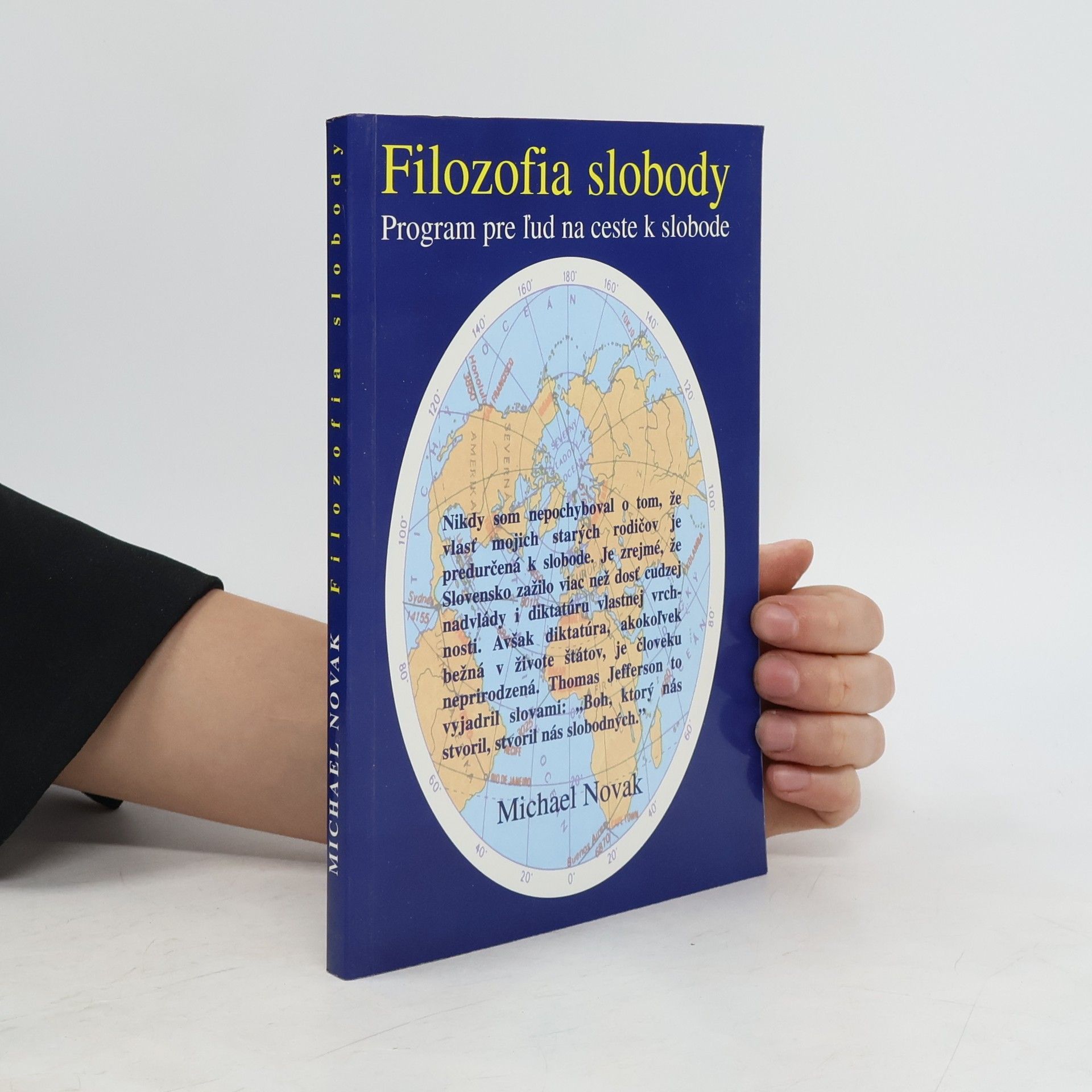Boha nikto nevidí
- 382 pages
- 14 hours of reading
Nová kniha významného amerického filozofa a teológa ponúka pozoruhodný príspevok do večnej diskusie o „viere a neviere“, v ktorom možno nájsť širokú škálu podnetov inšpirovaných duchovnou skúsenosťou ľudstva a jej konfrontáciou s myšlienkovým svetom značnej časti našich súčasníkov. Autor vychádza zo skutočnosti, že ateisti aj veriaci zažívajú tú istú „temnú noc“, v ktorej akoby necítili Božiu prítomnosť a konštatuje, že konflikt medzi vierou a pochybovaním nevychádza z objektívnych rozdielností, ale z odlišných prístupov k nepoznanému. No nevyhýba sa ani priamej polemike so silne znejúcimi názormi zástancov ateizmu, akými sú napríklad Dawkins, Dennett, Harris, či Hitchens. Na základe svojej dlhoročnej vedeckej činnosti, ako aj svojich osobných zápasov o vieru, Novak prostredníctvom racionálnych argumentov ukazuje, že duchovná perspektíva naozaj poskytuje najuspokojujúcejšie odpovede na večné otázky o zmysle bytia. Veriť je niekedy problém, ale napriek všetkému viera ponúka jedinú plne koherentnú odpoveď na ľudskú skúsenosť, či už v osobnej rovine alebo z aspektu vývoja ľudskej spoločnosti.

